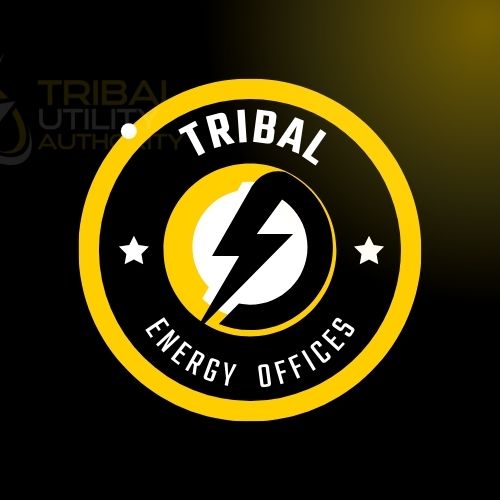Tribal Utility Authority Part X: Understanding Your Utility Systems
Tribal Utility Authority | Powered By Red Power Energy
TUA Experts
+1 855-573-3769
Good >Better>Best Options
Understanding Your Utility Systems
Understanding your utility systems provides the foundation for effective service delivery and reliable operations. While utility systems might seem overwhelmingly complex at first, breaking them down into their component parts makes them more manageable. Think of your utility system as a living organism—each part must work properly and in harmony with others to maintain healthy operations and serve your community effectively.
Water systems form the heart of most tribal utilities, providing this essential resource for both daily life and cultural practices. A typical water system begins at the source—whether groundwater wells, surface water intakes, or springs. These sources often hold both practical and cultural significance for tribal communities. The raw water enters treatment facilities where various processes remove contaminants and ensure safe drinking water. Modern treatment systems might employ multiple barriers, including filtration, disinfection, and chemical adjustment, yet many successful utilities find ways to honor traditional water protection practices while meeting current safety standards.
Distribution systems carry treated water to homes, businesses, and community facilities. These networks of pipes, pumps, and storage tanks maintain consistent pressure and ensure water availability throughout your service area. Understanding your distribution system’s layout, capacity, and condition proves crucial for maintaining reliable service. Storage tanks provide both pressure regulation and emergency reserves, while pumping stations maintain flow to higher elevations. Many utilities find that detailed mapping and regular system monitoring help prevent problems before they affect service.
Wastewater systems protect both public health and environmental quality. Collection systems gather wastewater from buildings and carry it to treatment facilities. These networks require careful design to maintain proper flow while preventing the infiltration of groundwater or stormwater. Treatment processes remove contaminants before returning water to the environment, often through a series of physical, biological, and chemical treatments. Many successful utilities integrate traditional environmental protection values into their wastewater management practices while meeting modern treatment standards.
Storm water management systems help prevent flooding while protecting water quality. These systems might include both natural features like detention ponds and engineered structures like storm sewers. Understanding how storm water flows through your service area helps prevent damage to other utility systems while protecting community properties. Many utilities find that incorporating traditional knowledge about local weather patterns and water movement improves their storm water management effectiveness.
Electrical systems, for utilities providing power services, demand particular attention to safety and reliability. Generation facilities, whether conventional or renewable, produce power for distribution through transmission and distribution networks. These systems require careful monitoring and maintenance to prevent outages while ensuring safe operations. Many successful utilities are incorporating renewable energy sources like solar and wind power, connecting traditional environmental stewardship with modern power generation technologies.
Control systems tie these various components together, enabling monitoring and management of utility operations. SCADA (Supervisory Control and Data Acquisition) systems provide real-time information about system conditions and enable remote operation of key equipment. Understanding these control systems helps maintain reliable service while optimizing operational efficiency. Many utilities find that proper control system management improves both service reliability and emergency response capabilities.
Maintenance systems keep your utility infrastructure functioning properly. Preventive maintenance programs help prevent failures before they occur, while repair capabilities ensure a quick response to any problems that develop. Understanding maintenance requirements for different system components helps establish effective maintenance schedules and resource allocation. Many successful utilities integrate traditional knowledge about seasonal changes and environmental conditions into their maintenance planning.
Emergency backup systems provide crucial support during system disruptions. Backup power generators ensure critical systems continue operating during power outages, while emergency water connections provide alternate supply sources when needed. Understanding your backup systems’ capabilities and limitations helps ensure effective emergency response. Many utilities find that regular testing and maintenance of backup systems proves essential for reliable emergency operations.
Security systems protect both physical infrastructure and operational technology. Fencing, locks, and surveillance systems prevent unauthorized access to facilities, while cybersecurity measures protect control systems and customer data. Understanding security vulnerabilities helps establish effective protection measures. Many successful utilities balance security requirements with maintaining community access to appropriate areas, particularly those with cultural significance.
Monitoring systems track system performance and regulatory compliance. Water quality testing equipment, flow meters, and pressure sensors provide crucial operational data. Understanding monitoring requirements and procedures helps ensure both proper system operation and regulatory compliance. Many utilities find that effective monitoring systems help identify potential problems before they affect service quality.
KEEP READING BELOW
WIDE RANGE OF TRIBAL UTILITY SERVICES
Do you need Tribal Solar Help ? Look no further!
Leading experts in Tribal Utility Authority formation, IPP development, and PPA negotiation. Transform your tribe's energy infrastructure with comprehensive solutions backed by decades of experience in Indian Country.
- Tribal Utility Authority Formation
- Independent Power Producer Development
- Power Purchase Agreement Negotiation
- Virtual Tribal Energy Office Implementation
- Energy Program Management
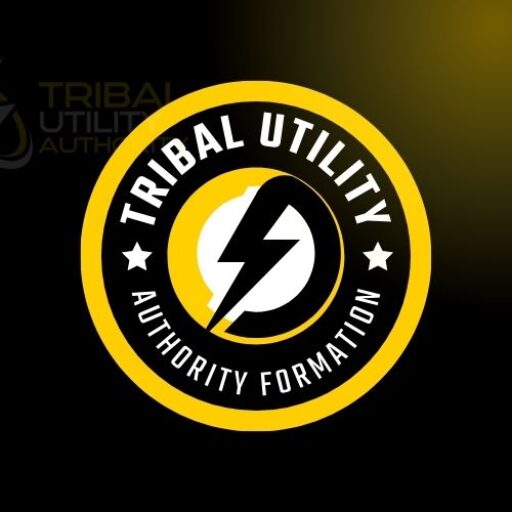

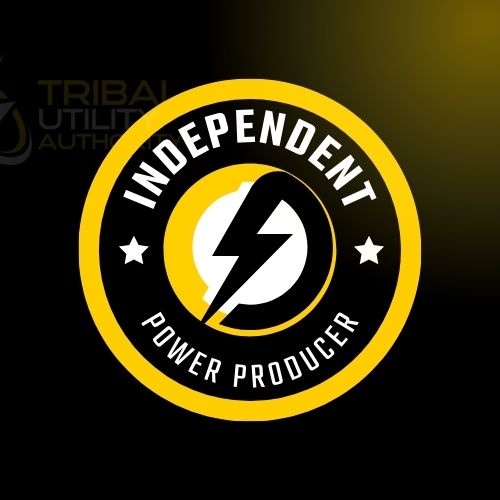
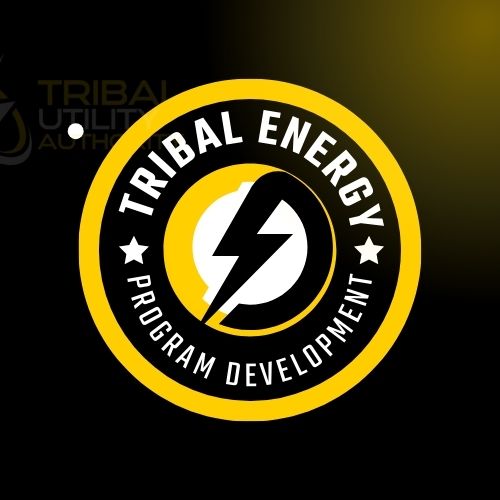
Communication systems enable coordination between utility components and personnel. Radio systems, mobile phones, and computer networks support both routine operations and emergency response. Understanding communication system capabilities helps ensure effective coordination under various conditions. Many successful utilities maintain multiple communication options to ensure reliable operations under all circumstances.
Safety systems protect both workers and the public. Personal protective equipment, hazard warnings, and emergency shutdown capabilities help prevent accidents and minimize their impact when they occur. Understanding safety requirements and procedures helps protect everyone involved with utility operations. Many utilities find that integrating traditional safety practices with modern requirements strengthens their overall safety programs.
Support systems provide necessary resources for utility operations. Maintenance facilities, warehouses, and office spaces support daily activities while maintaining necessary supplies and records. Understanding support system requirements helps ensure efficient operations. Many successful utilities design support facilities to serve both operational needs and community interests.
Documentation systems maintain crucial information about utility infrastructure and operations. System maps, maintenance records, and operating procedures provide essential references for both routine activities and emergency response. Understanding documentation requirements helps maintain necessary information accessibility. Many utilities find that effective documentation systems improve both operational efficiency and regulatory compliance.
Planning systems help prepare for future needs and challenges. Capital improvement plans, emergency response procedures, and maintenance schedules guide utility development and operations. Understanding planning requirements helps ensure both current effectiveness and future capability. Many successful utilities integrate traditional long-term thinking with modern planning methods.
Training systems develop and maintain necessary workforce capabilities. Operator certification programs, safety training, and professional development opportunities support effective utility operations. Understanding training requirements helps maintain necessary workforce capabilities. Many utilities find that combining traditional knowledge transfer with modern technical training produces particularly effective operators.
Quality management systems ensure consistent service delivery and regulatory compliance. Standard operating procedures, quality control measures, and corrective action processes maintain operational standards. Understanding quality management requirements helps ensure reliable service delivery. Many successful utilities integrate traditional values about service quality with modern management methods.
Environmental management systems protect natural resources while maintaining utility operations. Pollution prevention measures, waste management procedures, and environmental monitoring programs support environmental protection. Understanding environmental management requirements helps maintain both regulatory compliance and resource protection. Many utilities find that traditional environmental protection practices complement modern environmental management methods.
Customer service systems support positive community relationships while ensuring effective service delivery. Billing systems, complaint response procedures, and public information programs maintain positive customer relationships. Understanding customer service requirements helps ensure community support for utility operations. Many successful utilities find that traditional community service values strengthen modern customer service practices.
Innovation systems help utilities adapt to changing needs and opportunities. Research and development activities, technology assessment procedures, and improvement processes support utility advancement. Understanding innovation requirements helps maintain operational effectiveness. Many utilities find that combining traditional wisdom about adaptation with modern innovation methods proves particularly effective.
Resource management systems ensure effective use of utility assets. Asset management programs, resource conservation measures, and efficiency improvements support sustainable operations. Understanding resource management requirements helps maintain long-term utility sustainability. Many successful utilities find that traditional resource stewardship practices enhance modern management methods.
Integration systems connect various utility components into effective operations. Coordination procedures, interface management, and system optimization support reliable service delivery. Understanding integration requirements helps maintain operational effectiveness. Many utilities find that traditional holistic thinking improves modern system integration practices.
Experienced Tribal Solar Experts
WE USE THE LATEST TOOLS & TECHNOLOGY
We provide reliable and quality electrical services to customers in the area. We specialize in all aspects of residential and commercial electrical work, from new installations and upgrades to repairs and maintenance.
We are a full-service electrical contractor dedicated to providing quality electrical services to both residential and commercial customers. Our team of experienced electricians are highly trained and certified.
TRIBAL UTILITY AUTHORITY CONSULTING
Expert guidance in establishing and managing tribal utility authorities, helping Native American communities achieve energy sovereignty through strategic planning and implementation.
TRIBAL UTILITY PROGRAMS
Comprehensive support for developing and implementing sustainable tribal utility programs that enhance community self-reliance and economic development.
TRIBAL UTILITY AUTHORITY FORMATION
Complete assistance in establishing legally sound tribal utility authorities, including regulatory compliance, governance structure development, and operational framework creation.
TRIBAL UTILITY AUTHORITY OPERATIONS
Professional support for day-to-day utility management, including system maintenance, customer service, billing operations, and performance optimization.
TRIBAL UTILITY AUTHORITY TECHNOLOGY
State-of-the-art technological solutions for modern tribal utility operations, featuring advanced metering, smart grid capabilities, and integrated management systems.
TRIBAL UTILITY AUTHORITY WORKFORCE
Specialized workforce development programs focused on building local capacity through technical training, professional development, and ongoing operational support.
Are you in need of an Tribal Utility Authority Expert ?
Look no further! Our team is here to help.
REACH OUT AND CONNECT
Get a Complete Quote
Your bridge to meaningful communication and personalized assistance, we're here to listen and assist you
Latest Tribal Utility Authority Updates
NAVIGATING IDEAS AND INSPIRATION
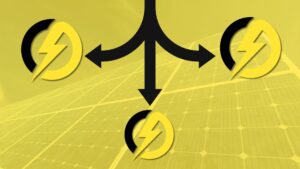
Tribal Utility Authority Overview
A tribal utility authority is a specialized administrative entity established by a Native American tribe to manage and operate essential utility services within their tribal

Tribal Utility Authority Formation: Harnessing Tribal Energy Sovereignty
Tribal Utility Authority Formation: Harnessing Tribal Energy Sovereignty Welcome to TribalUtilityAuthority.com, the definitive resource on establishing and operating Tribal Utility Authorities (TUAs) to achieve energy
